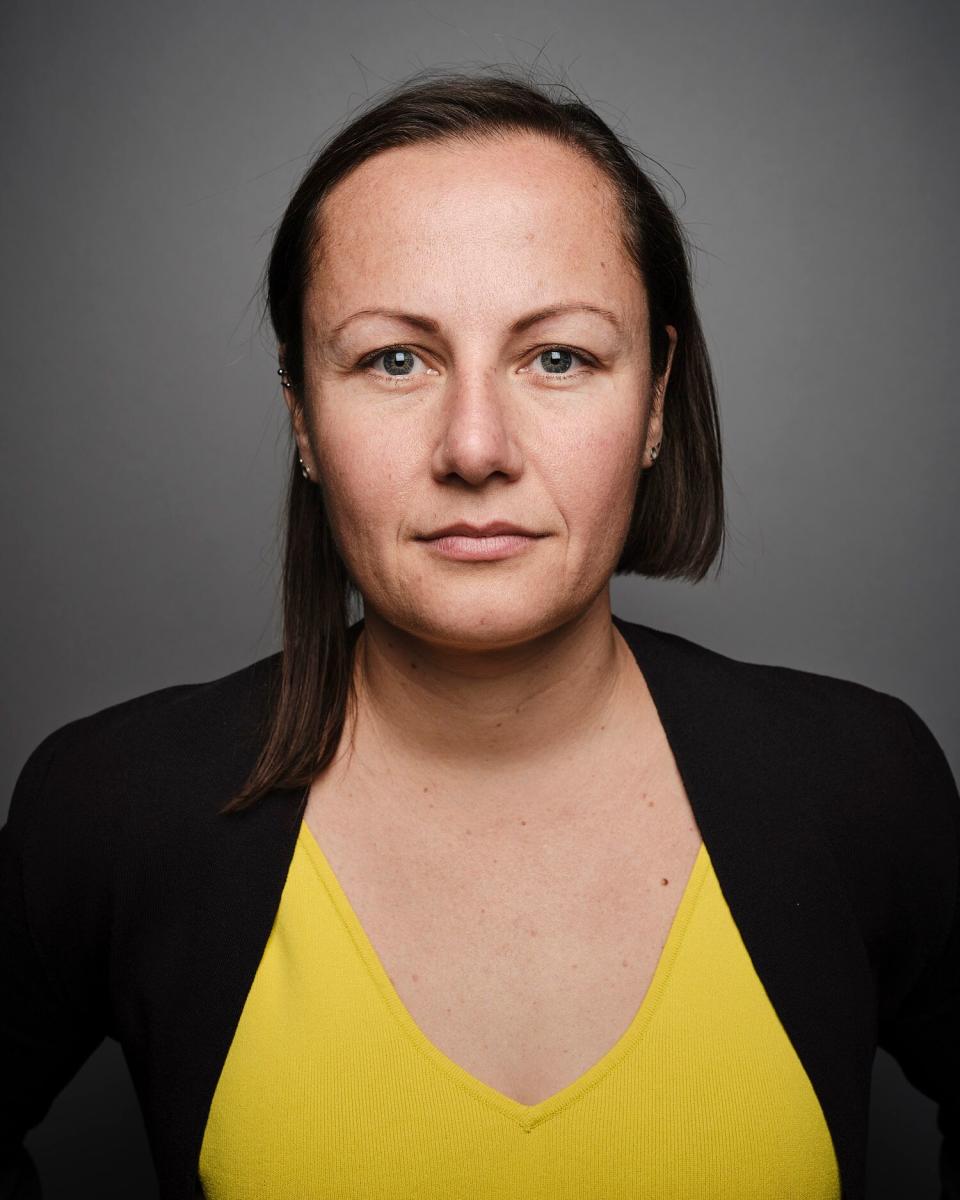Early super access will force Aussies to pay for coronavirus crisis

The coronavirus pandemic has created unprecedented challenges for Australian businesses and workers to overcome, which the government has swiftly addressed with policies to provide economic support.
Both the coronavirus stimulus package ($17.6 billion) and the JobKeeper wage subsidy ($130 billion) will support individuals and businesses through this period, and are indications of how seriously parliament is treating this crisis.
However, there is one policy that is not consistent with this attitude and places the burden upon people not otherwise covered by government relief to pay their own way: The early access super policy.
This measure allows those affected by COVID-19 to access up to $20,000 from their superannuation across two financial years, and it’s a problem we need to talk about.
Since applications opened last week, almost half a million Australians have been approved to withdraw a total of $3.8 billion from their superannuation savings, in lieu of other avenues for support.
Also read: Early access to super amid coronavirus: Everything you need to know
Also read: Here’s what coronavirus has done to your super: and here’s what to do
The decision many people are being forced to make is this: choose between you, now, or you in the future. It’s not a real choice. When you need to put food on the table, there’s no getting past the fact that you can’t eat compound interest.
The risk of this policy is that we create a second class of citizens in Australia. A group of people who will retire with collectively billions of dollars less than their peers, because we didn’t protect their futures in this time of need. But there is a way out of this unwelcome future.
Our capitalist system is one of great potential, where the flow of money guides the future we create. The power of superannuation is that it allows us to build the world around us with collective efficiency in ways we could never achieve as individuals. It’s not just an investment in our personal future, but an investment in the future of our society.
In many ways, it is the ultimate collective action of private wealth. Instead, the early access super policy is treating the superannuation of those individuals suffering from COVID-19 as a national relief fund.
In superannuation and in government spending, money doesn’t always go exactly where it should. But it’s difficult to justify asking Australians to pay their own way out of a financial crisis with their retirement savings when there are billions of dollars in corporate subsidies that could be reallocated to protect the interests of people in need.
The truth is, if the government wanted to pay back the years of hard-earned super they have asked Australians to dig into, they could do it tomorrow. And that’s exactly what they should do.
The spending that might have made sense in the normal economy is no longer the most appropriate use of tax dollars. The fossil fuel industry represents one of the largest government subsidies, with $12 billion going to coal, oil and gas companies last year.
The reason this figure is larger than any other industry is not because of this industry’s size. It’s because the industry is failing.
In the last year BlackRock, the world’s largest investment fund, began divesting from fossil fuels, as did JP Morgan and Goldman Sachs. These are not organisations that make decisions based on ethics, despite the PR they might put out. They play a numbers game and the numbers simply don’t stack up anymore.
Such subsidies are a misallocation of wealth in a time of need for working Australians, and when stacked against the new super policy, highlights the power brokers that perpetuate a wealth divide within our society.
People who desperately need money are not the villain here. Placing the burden of our system’s failings upon local café workers, artists, hairdressers and flight crews is a systemic failure that needs to be addressed. And it can be.
The issue is that, in our exponential economy, money flows to the top, and the industries that get to play with taxpayer money are the ones that have a stranglehold on our economy - or at least they did. Now is an opportunity for us to fund the future we want instead, and find a just solution that won’t put generations of Australians on the back foot.

The early numbers suggest that Australians could withdraw around $27 billion worth of super.
The fossil fuel industry subsidies are just one example of money that could be used to replenish the super balances of hard working Australians.
There has never been a more justifiable reason for tax dollars to be redirected back to the people that paid them. Especially when the alternative recipients are large companies that pay no tax.
The alternative is significant long-term repercussions. For a 30-year old withdrawing $20,000 from their super, Super Consumers Australia suggests that money could be worth $50,000 by retirement age at 67. This issue is not one of money, but of time.
The time super takes to grow is irreplaceable, but the money, as it stands now, isn’t.
This type of forward thinking should be the focus of the government's next financial stimulus.
Our choices today define the kind of future we will share, and that future belongs to everyone. The first step in ensuring a prosperous, equitable future is to protect everyone’s future equally.
This is a moment where we can all stand up and be counted. If we outline the future we want to see, we can reset our system to work for all people, and make important progress on the way.
Kirstin Hunter, Managing Director, Future Super.
Make your money work with Yahoo Finance’s daily newsletter. Sign up here and stay on top of the latest money, news and tech news.
Follow Yahoo Finance Australia on Facebook, Twitter, Instagram and LinkedIn.

 Yahoo Finance
Yahoo Finance 
